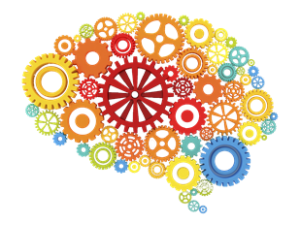 You may have heard the term “implicit bias” used to describe different situations, but may not really know what it means. Implicit bias, also known as unconscious bias, refers to judging people based on our unconscious thoughts, beliefs or feelings. It often happens without us realizing it when our brains make quick assessments and judgments of people and situations.
You may have heard the term “implicit bias” used to describe different situations, but may not really know what it means. Implicit bias, also known as unconscious bias, refers to judging people based on our unconscious thoughts, beliefs or feelings. It often happens without us realizing it when our brains make quick assessments and judgments of people and situations.
Whether we want to admit it or not, everyone has biases. However, it’s important to remember that bias stereotypes do not often come from a place of bad intent. Rather, implicit biases are the product of learned associations and social conditioning. They start at a young age and are formed in our brains through years of various influences. Think about the following questions and how your implicit or unconscious bias may come into play:
- Picture a nurse at your local hospital. What’s the image that pops into your head?
- Picture a firefighter at your local firehouse. Again, what image comes to mind?
- You’ve just been cut off in traffic and are astonished that someone can drive that badly! What image enters your head when you think about the driver?
- A new stay-at-home parent wants to join your playgroup. Before the parent arrives, what image comes to mind?
- You’re boarding a plane and peek into the cockpit. The pilot, co-pilot and flight engineer are all women. What are your first thoughts?
These can be tough questions to answer honestly. We’d like to think that we’re past all the typical stereotypes that exist in our society. We can feel embarrassed or ashamed that we’re surprised if a stay-at-home parent is a father or a firefighter is a woman. Again, implicit biases don’t exist because we’re bad people, but are so deeply ingrained in our brains that we have to fight the automatic urge to jump to conclusions
Our biases affect us and our decision-making processes in so many different ways, including our perceptions, attitudes and behaviors. Next month, we’ll discuss how implicit bias can affect life in the workplace. Leah M Joppy and Associates regularly conducts seminars to address and combat unconscious bias. For more information and to discuss the unique needs of your organization, contact us at 301-670-0051 or email leah@lmja.com.